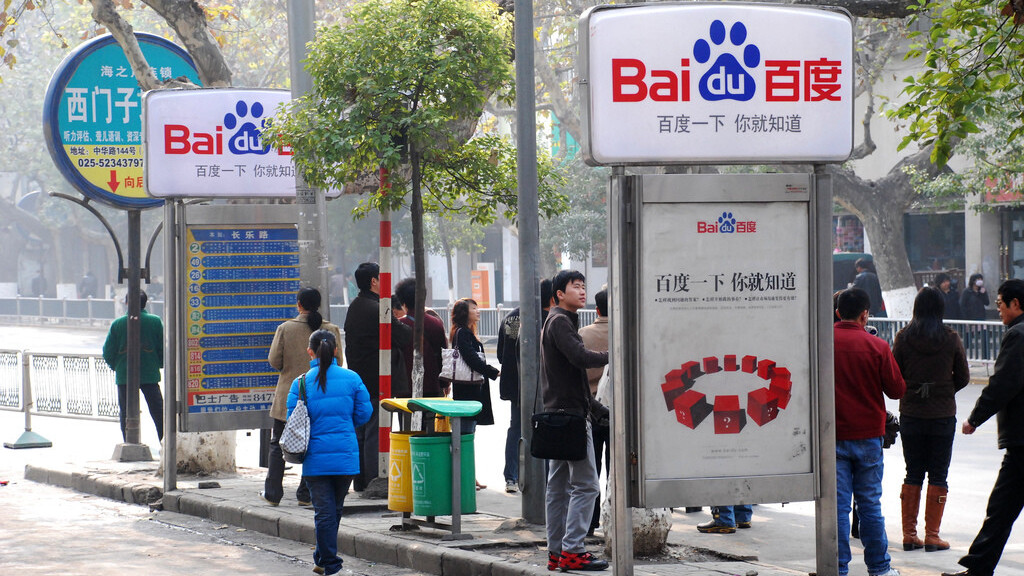
It’s been speculated for much of this month, and now Chinese Web firm Baidu has finally confirmed that it has launched a new service in Vietnam, bringing its PostBar (‘Baidu Tieba’) to the Southeast Asian country, where it is called ‘Tra Da Quan’.
A source at Baidu has told me that the service launched this past Monday, finally validating rumours which were raised by Vietnamese media. As Tech In Asia reported, Baidu stood accused of introducing the service — which had a ‘placeholder’ URL from July 1 — without first contacting the relevant government officials. The company has declined to comment on that issue specifically for now.
Tra Da Quan (which translates to ‘coffee shop’) becomes Baidu’s second product in Vietnam and adds to its small, but likely growing, footprint in Southeast Asia. That collection already includes Web directory Hao123 in Thailand and Vietnam, while it recently announced plans to build a regional research center in Singapore.
These moves demonstrate that Southeast Asia is very much on the company’s radar, as it looks to expand its service into growing markets worldwide, but it isn’t just Asia where it is building new roots.
The search giant is also actively involved in the Middle East — where it runs Q&A site Zhidao in Egypt — while it is reportedly gearing up to land in Latin America, with media in Brazil claiming the firm is preparing an office in Sao Paulo.
The launch of Tieba, which is a mainstream service in China, appears to be another litmus test from the company, as it eyes up and plots growth opportunities within new and emerging markets. It remains to be seen if other services (primarily search, its core product) will follow these seemingly carefully selected niche product rollouts.
The company already has a phenomenal share of its domestic search market — where it owns more than 80 percent of search traffic — but, intent on continuing its growth, it is pursuing international markets and branching out its mobile strategy with a new Android-based operating system.
The launch of Tieba appears to have ruffled a lot of feathers in Vietnam. Local media have reported a range of negative stories, the license issues aside, with other claims alleging that the Baidu site is infected with malware, that it will be a disaster and other sceptical viewpoints.
In not responding to these charges, Baidu is keeping clear of the mud throwing, but it remains to be seen whether the firm can win over its doubters in Vietnam, or if the negative reception will impact its future plans there.
Headline image via Flickr / Josephj
Get the TNW newsletter
Get the most important tech news in your inbox each week.






